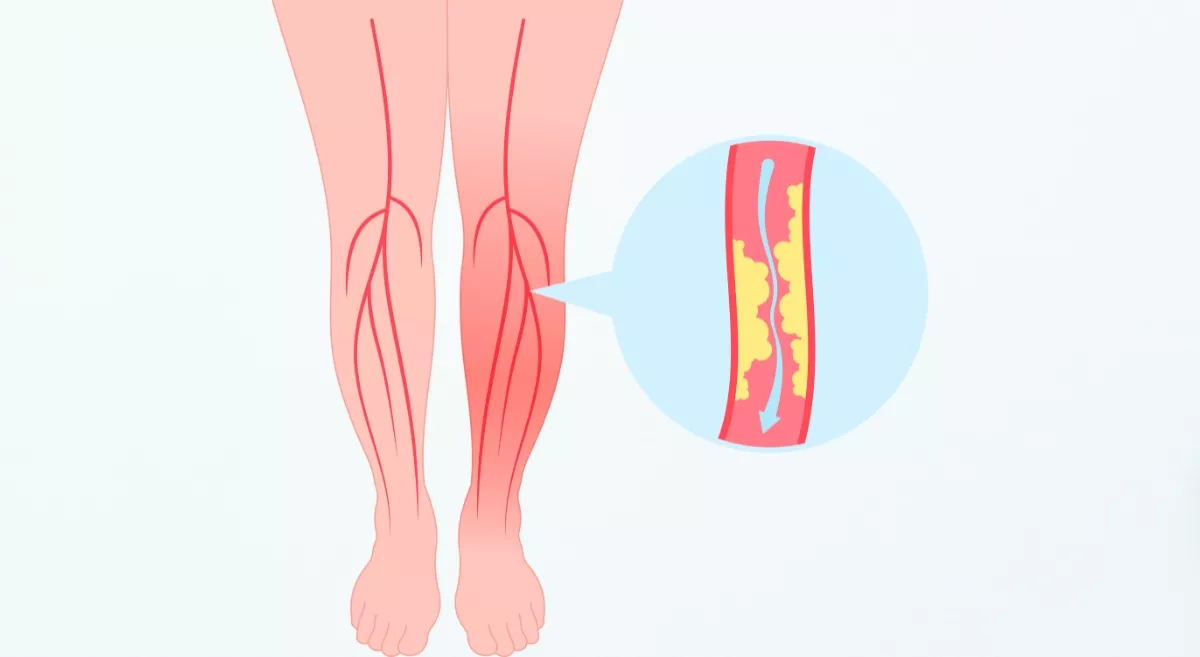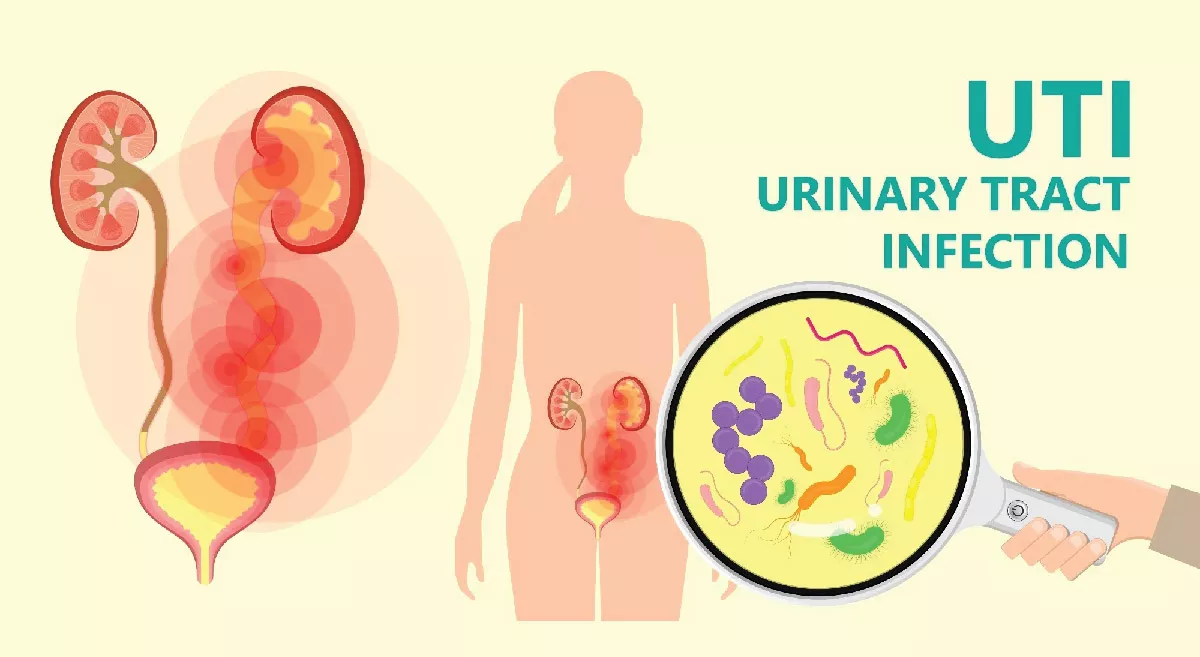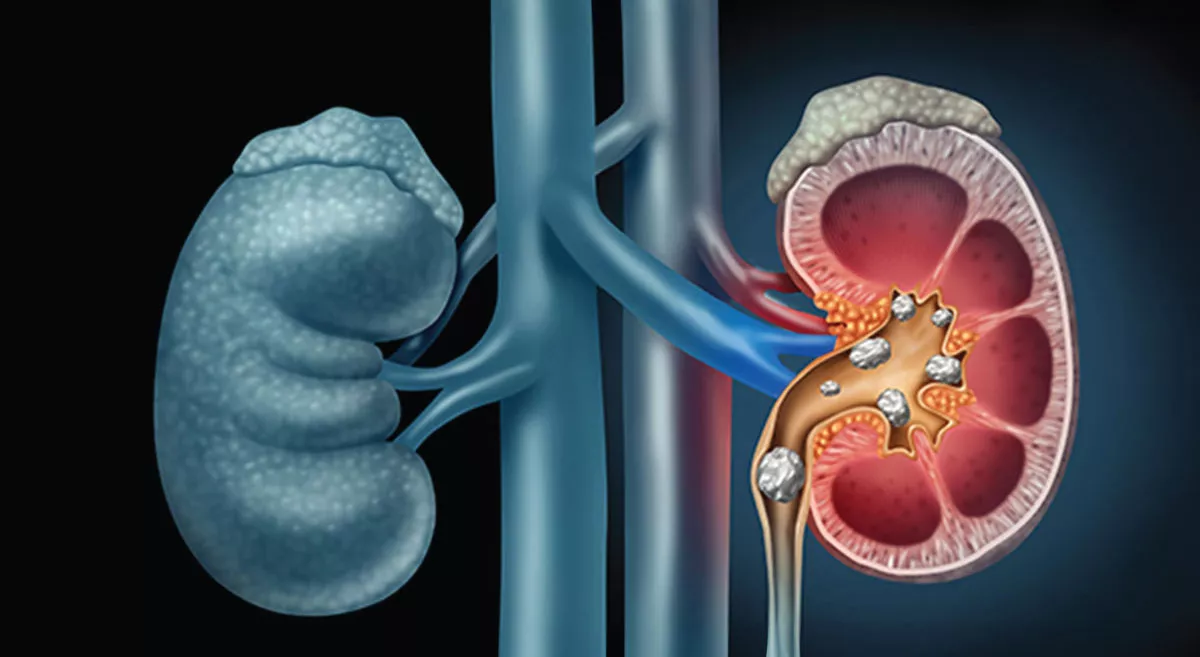Join Dr. Santhosh Bethur, Senior Consultant in Urology at Aster RV Hospital, as he discusses prostate cancer and its symptoms. This common condition affects men aged 60-80 but can also impact younger individuals. Often asymptomatic, prostate cancer is detected through routine checkups and PSA tests. Symptoms such as difficulty urinating, blood in urine, weight loss, and bone pain may appear. Early detection through biopsy and PET scans enables timely treatment options like robotic surgery, radiotherapy, and hormone therapy. Stay proactive about your health!
Understanding Prostate Cancer
Prostate cancer is the most prevalent cancer among men globally, often discovered incidentally in men over 80 years old. Despite being more common in the 60 to 80 age group, it can affect younger individuals as well. The symptoms are often asymptomatic and can be detected through routine screenings. Dr. Santhosh Bethur sheds light on the correlation between prostate cancer and simple prostate enlargement in older men, emphasizing the importance of regular check-ups regardless of age.
Key Diagnostics: PSA and Beyond
The prostate-specific antigen (PSA) test plays a vital role in detecting prostate cancer. Elevated PSA levels may trigger additional screenings such as MRI or biopsy. Dr. Bethur elaborates on the significance of these diagnostic tools and their role in early detection. By understanding the nuances of these tests, individuals can take proactive steps towards timely diagnosis and intervention.
Treatment Options and Success Stories
The treatment for prostate cancer varies based on the stages of the disease. Dr. Bethur highlights the success rate of surgical interventions for early-stage prostate cancer at Aster RV Hospital, emphasizing the importance of seeking medical attention promptly. He also delves into the use of radiotherapies and hormone therapies, offering insights into the comprehensive approach adopted for effective management of the disease.
Navigating Advanced Prostate Cancer
Advanced prostate cancer presents distinct symptoms, including blood in the urine, weight loss, and bone pains. Dr. Bethur discusses PET scan as a crucial tool for staging prostate cancer, providing a deeper understanding of the disease's progression. By exploring the manifestations of advanced prostate cancer, individuals can recognize the importance of proactive health monitoring and consultation with healthcare professionals.
Conclusion
Prostate cancer is a complex condition that demands awareness and proactive healthcare engagement. By understanding the nuances of diagnosis, treatment, and symptom management, individuals can navigate this journey with knowledge and empowerment. Remember, seeking timely medical attention and regular health check-ups are instrumental in addressing prostate cancer effectively.
















